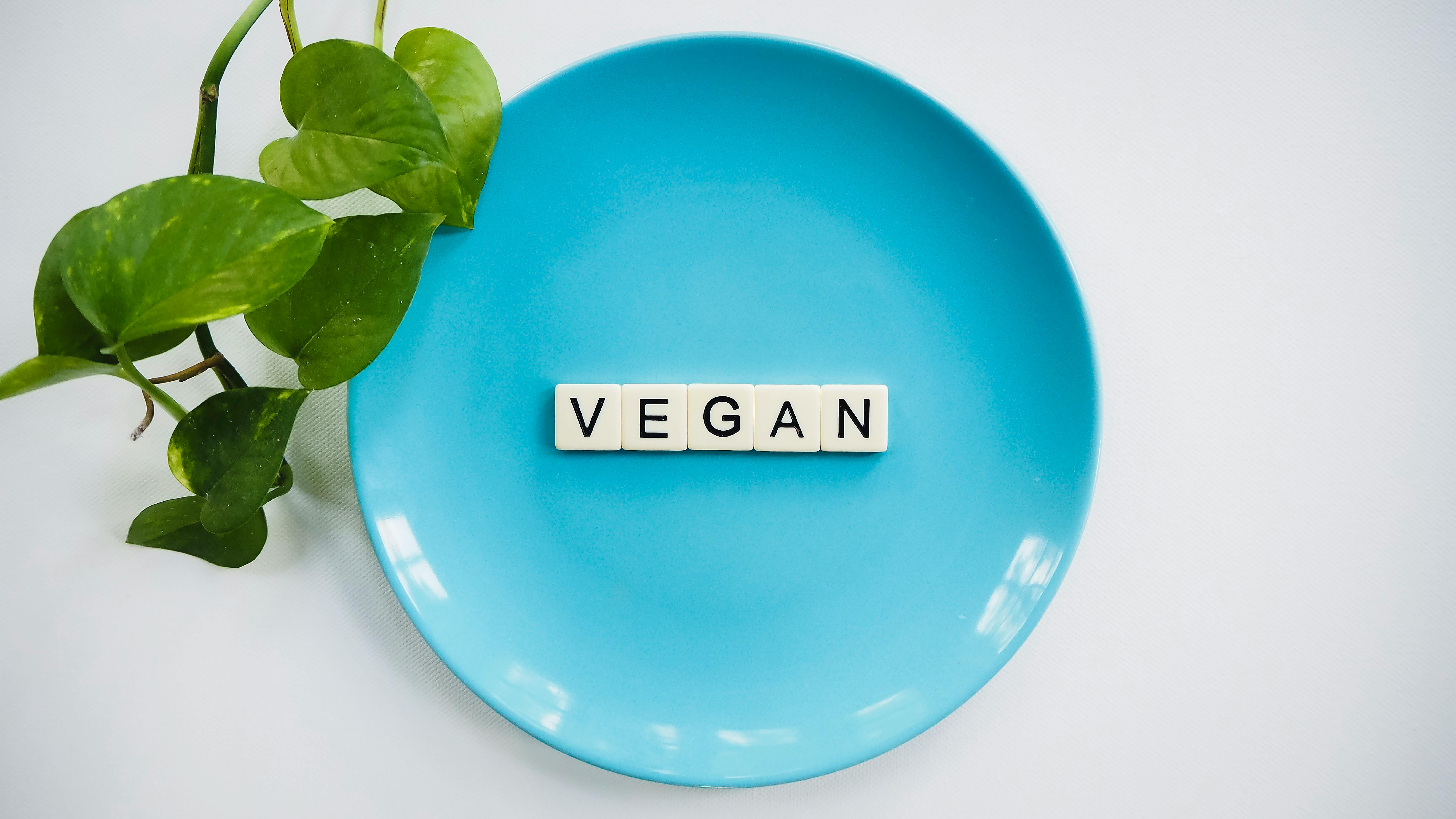Researchers found eating vegan for two months improved organ function and slowed aging.
A new study, published in BMC Medicine, explored how a short-term vegan diet can impact DNA methylation, which is a type of chemical alteration of DNA that modifies gene expression without changing the DNA sequence itself. High levels of DNA methylation have been linked to aging by leading to changes in gene expression which contribute to age-related diseases and cellular senescence, a natural part of the aging process, contributing to age-related tissue dysfunction and inflammation with cell accumulation.
The researchers carried out a small randomized controlled trial involving 21 pairs of adult identical twins – 77% of which were women (32 participants), with an average age of 40 and an average body mass index (BMI) of 26. One twin from each pair was assigned to follow a meat and plant-based diet, which included between 170 and 225 grams of meat, one egg, and one and a half servings of dairy per day. The other twin was asked to follow a vegan diet, which includes only plant-based foods such as fruits, vegetables, grains, nuts, seeds, and legumes, and excludes all animal products, including meat, dairy, eggs, and honey. They were asked to completely eliminate animal products for the same amount of time.
For the first month, meals were prepared for the participants to ensure strict adherence. During the second month, participants prepared their own meals after attending nutrition classes. To assess the impact each diet on the aging process blood samples were taken at the start of the trial as well as at week four and week eight. The researchers measured DNA methylation levels from these to assess the biological ages of the participants and their heart, hormone, liver, inflammatory, and metabolic systems.

By the end of the study, there was a notable decrease in the biological age estimations (i.e., epigenetic aging clocks) among participants who followed the vegan diet. In contrast, no significant changes were observed in those who adhered to the omnivorous diet. The vegan diet appeared to actually improve several organ systems as well, suggesting a potential protective effect against aging while following this diet. Some of this, the team noted, can be contributed to the amount of weight lost by those asked to eliminate meat.
The team concluded in their paper, “In this epigenetic analysis of an initial randomized clinical trial, we observed significant changes using epigenetic age clocks among healthy identical twins, suggesting short-term advantageous aging benefits for a calorie-restricted vegan diet compared to an omnivorous diet. The use of EBPs in this study showcases the potential of epigenetic testing to provide personalized insights into the impact of nutrition on cellular aging, enabling targeted dietary interventions to optimize health and well-being…Future research utilizing a long-term, well-controlled study design will further highlight the complex relationships between diet, epigenetics, and health outcomes such as weight loss, while emphasizing the importance of proper nutrient supplementation in vegan diets.”
Moving forward, researchers would like to specifically determine if the improvements continue to be noted over a longer period of time, which could suggest that consuming a vegan diet can sustainably improve physical health and slowing down the aging process, thus improving an individual’s overall quality of life.
Sources:
Even a Short-Term Vegan Diet Can Slow Signs of Aging
Eating A Vegan Diet For Eight Weeks May Slow Biological Aging


Join the conversation!